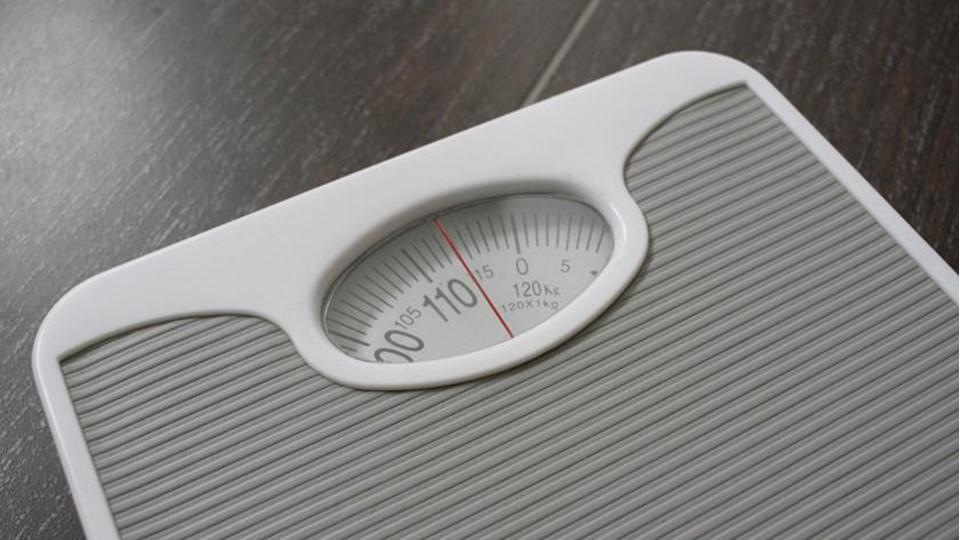Hengrui to file obesity shot in China after phase 3 win

An obesity therapy developed by Hengrui Pharma and Kailera Therapeutics is being prepared for its first regulatory submission – in China – after achieving impressive weight loss in a phase 3 trial.
Hengrui has reported topline data from the 301 study of their dual GLP-1 and GIP agonist HRS9531, administered as a once-weekly subcutaneous injection, including an average weight loss of 19.2% with the highest dose at 48 weeks.
That efficacy suggests the drug has the potential to rival the current duopoly of Novo Nordisk's GLP-1 agonist Wegovy (semaglutide) and Eli Lilly's GLP-1/GIP agonist Zepbound (tirzepatide), which currently dominate the obesity category and make billions of dollars a year in sales.
Hengrui and Kailera – which emerged from the shadows last year with a $400 million financing package to support the development of HRS9931 outside of greater China under the KAI-9351 code name – said their candidate also has a safety profile that is consistent with other GLP-1-based weight-loss treatments, restricted mainly to mild-to-moderate gastrointestinal effects.
Study 301 enrolled nearly 570 overweight or obese subjects in China and compared three doses of HRS9931 (2mg, 4mg, and 6mg) to placebo, with the percentage change in weight from baseline and the proportion of subjects with weight loss of 5% or more, both at 48 weeks, the two primary endpoints.
The mean weight loss across all doses was 17.7% from baseline and 16.3% when adjusted for placebo, with no evidence for a plateau, while 88.0% achieved at least 5% and 44.4% reached the more stringent 20% or higher threshold, a secondary endpoint.
While Hengrui is focusing its attention on a marketing application in China, Kailera has said it plans to evaluate both higher doses and longer duration of treatment in global clinical trials as it contemplates taking on Novo Nordisk and Lilly in the obesity market.
Statistical modelling suggests that the drug may be able to achieve 48-week weight loss of 23.6%, which would suggest a competitive efficacy profile versus Wegovy and Zepbound.
"The positive data from the HRS9531-301 study demonstrated meaningful, sustained weight loss," commented Hengrui's head of metabolism R&D, Hong Chen.
"With an affirmed safety and tolerability profile, we strongly believe in its potential to help more people living with obesity reach their individual weight loss goals."
Kailera has licensed three follow-up candidates from Hengrui, including: KAI-7535, a clinical-stage oral small molecule GLP-1 agonist; KAI-9531 formulated as a once-daily oral tablet; and KAI-4729, an injectable GLP-1/GIP/glucagon receptor triple agonist.












